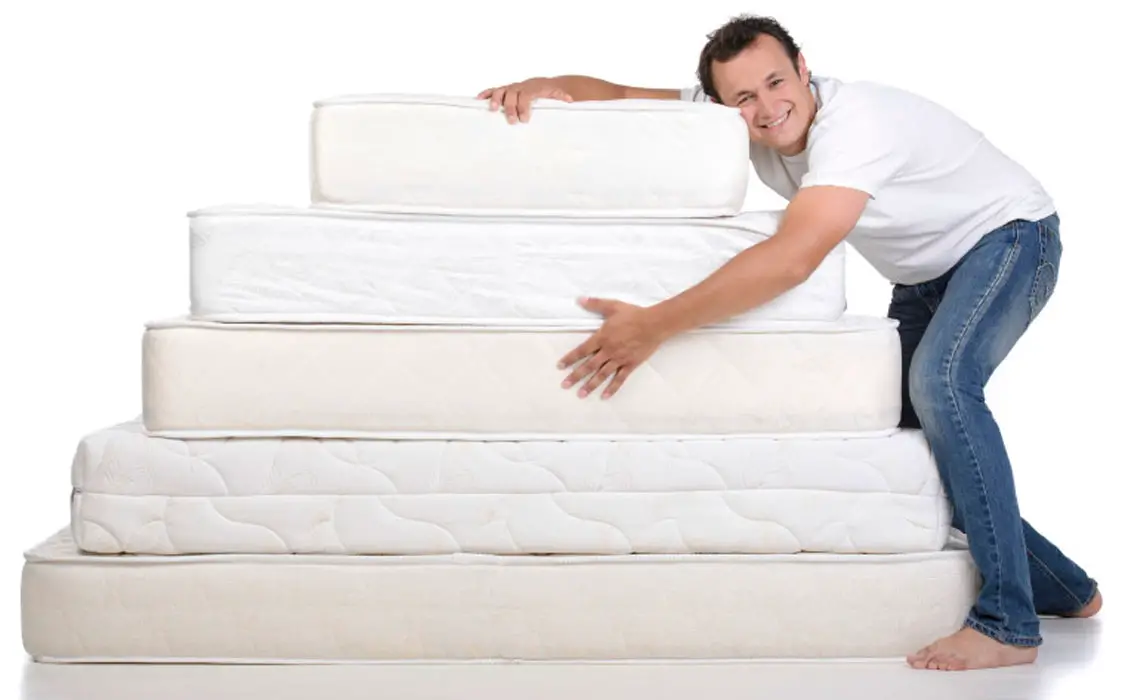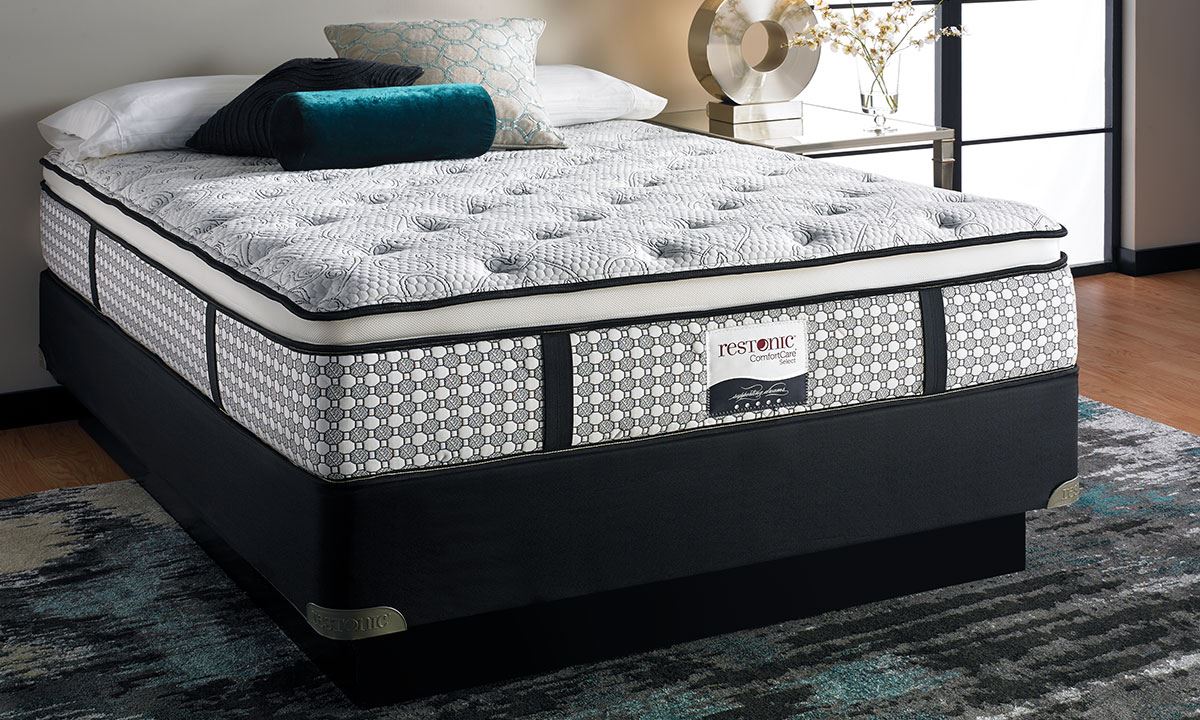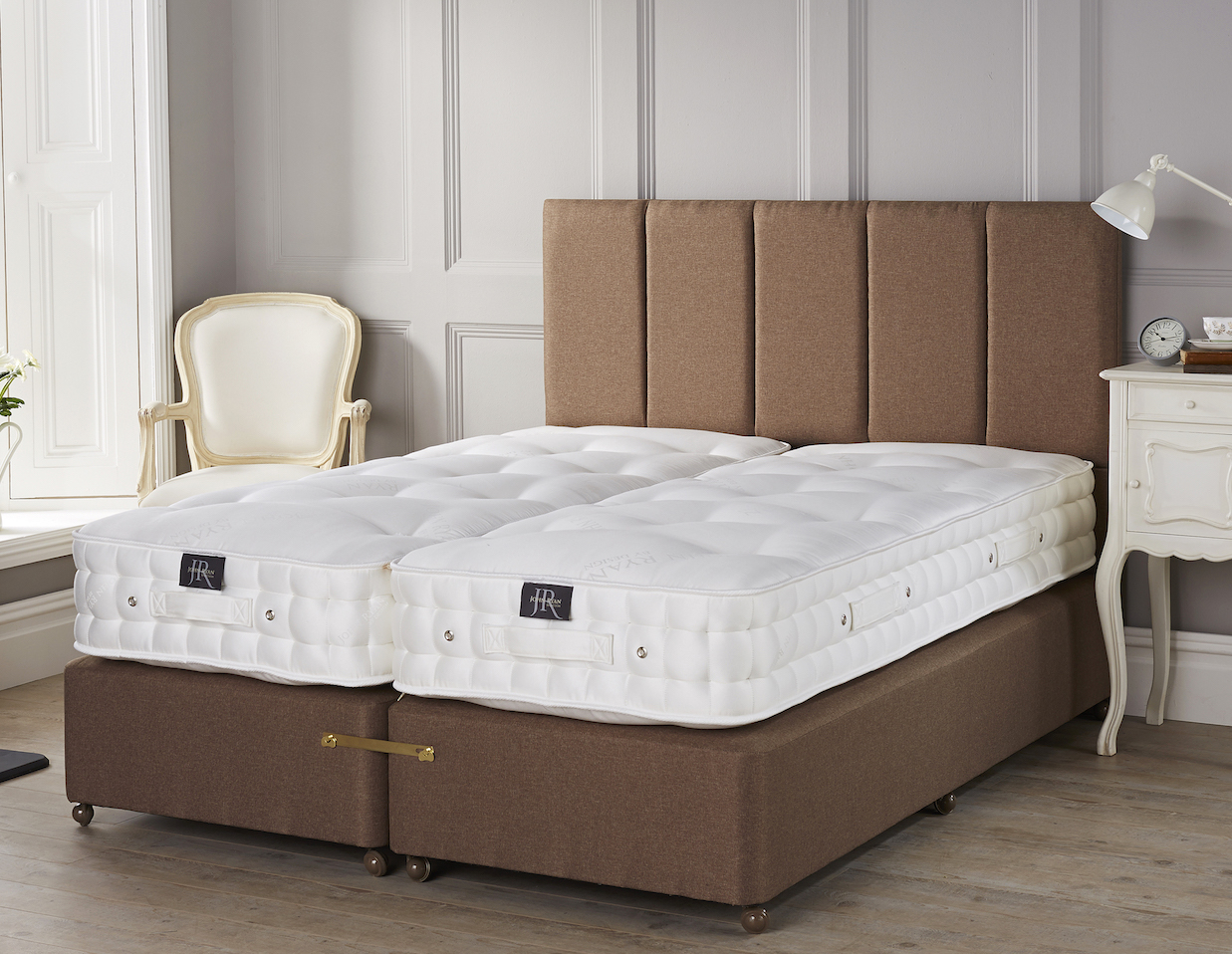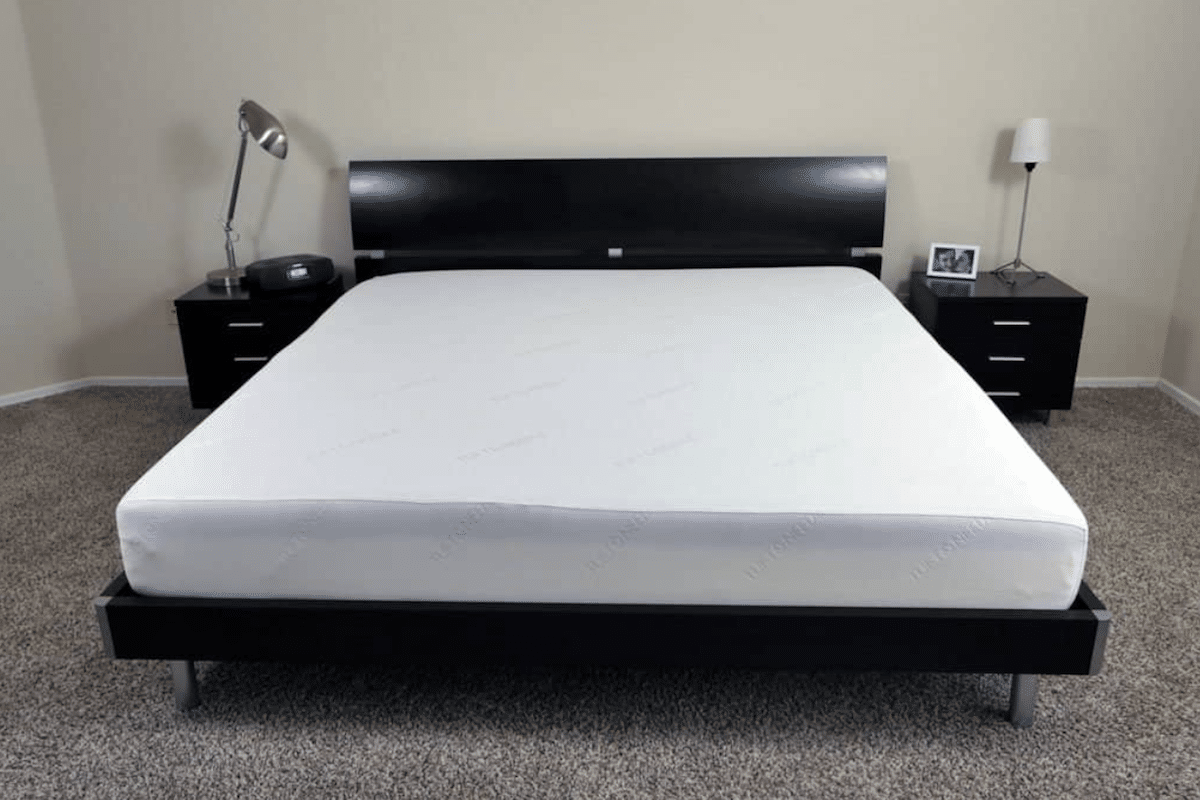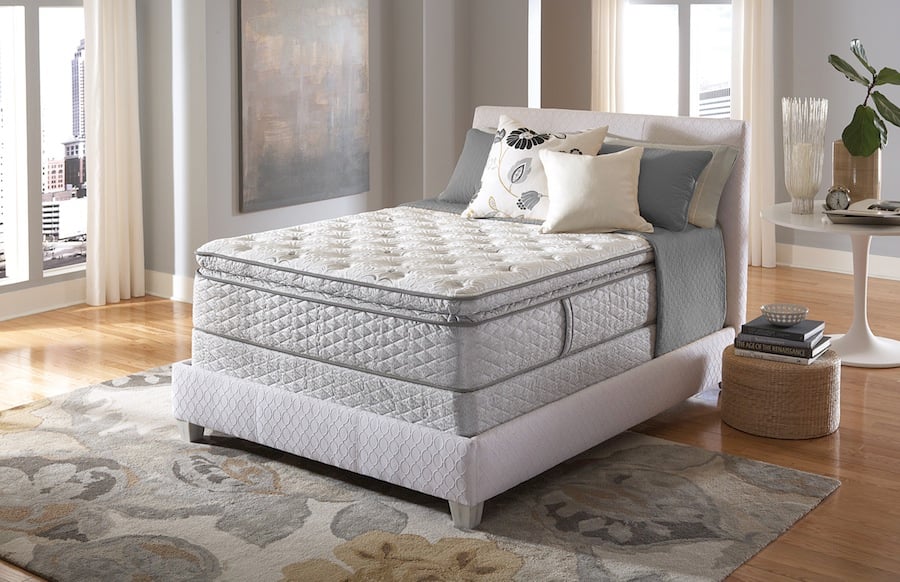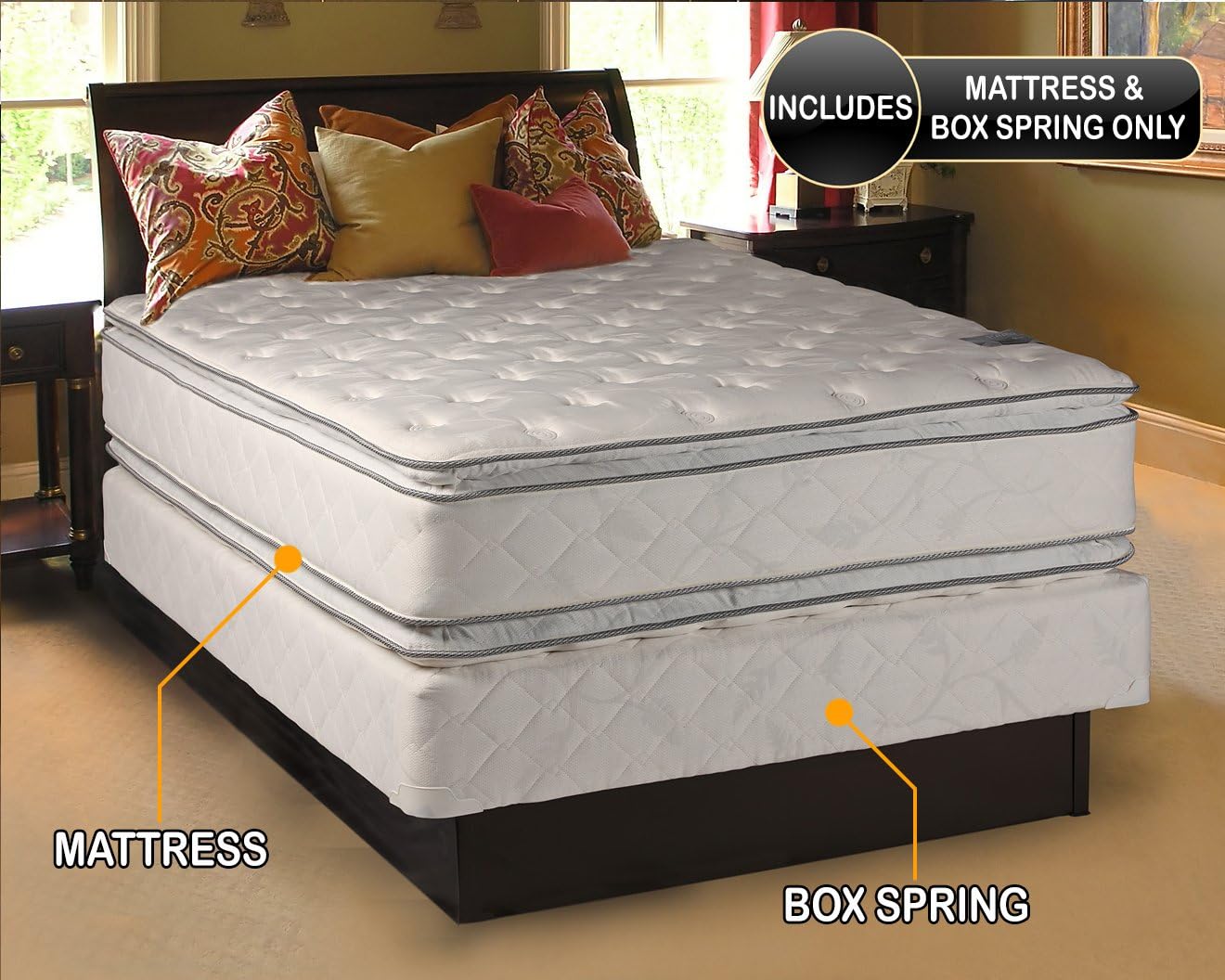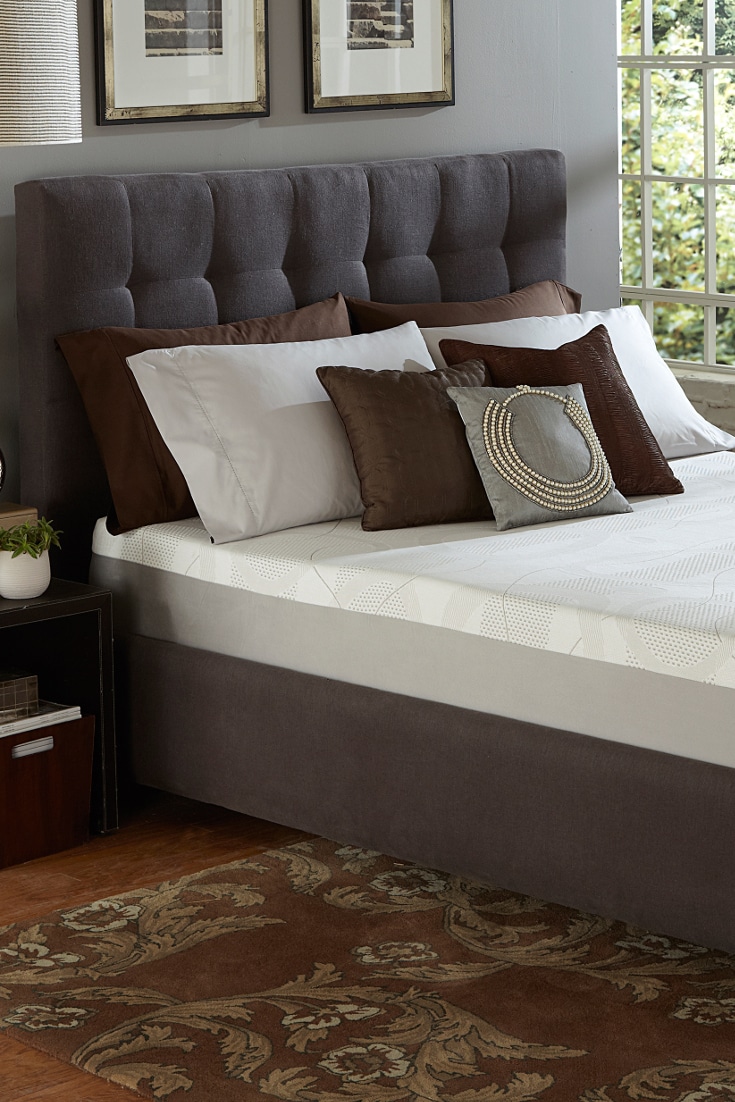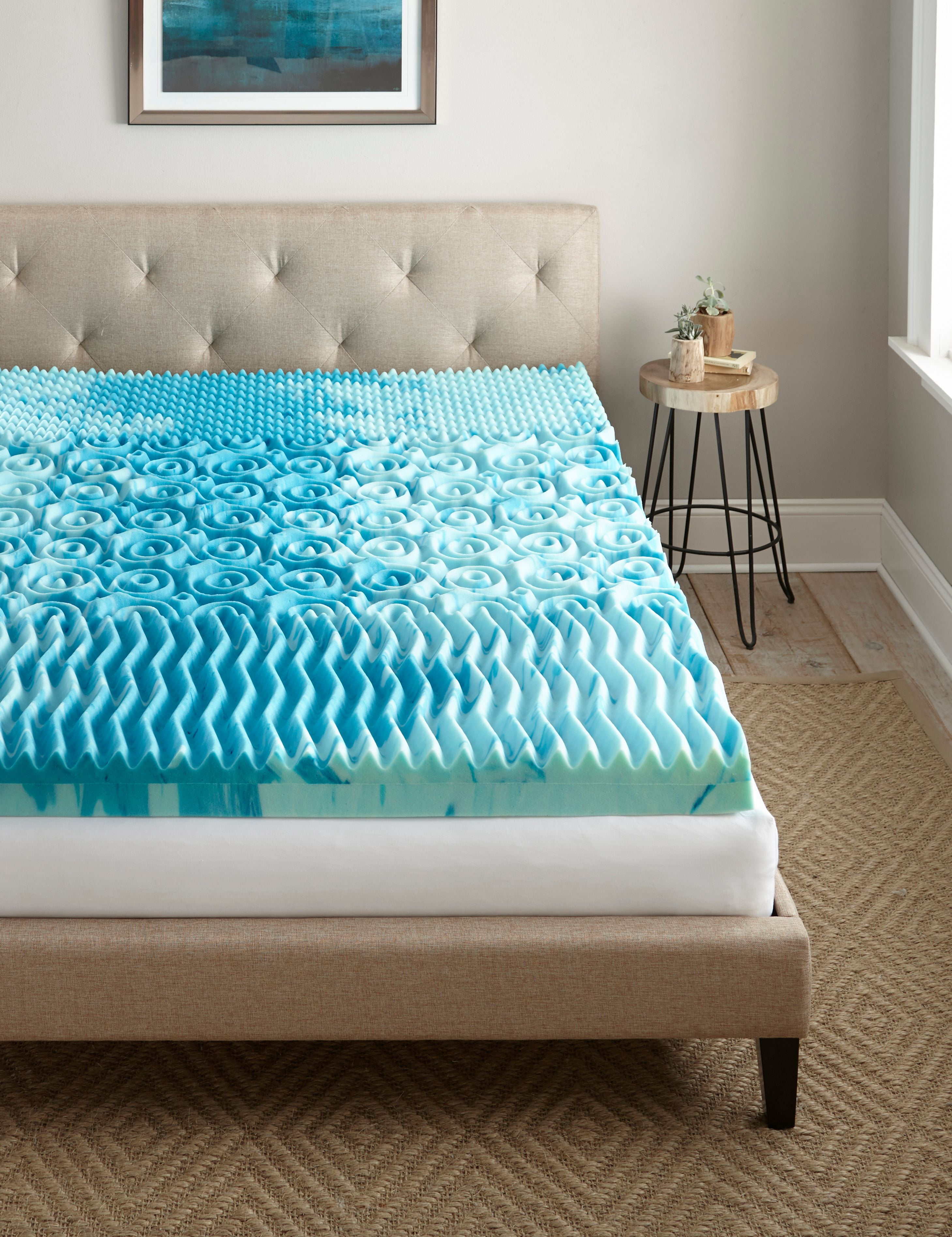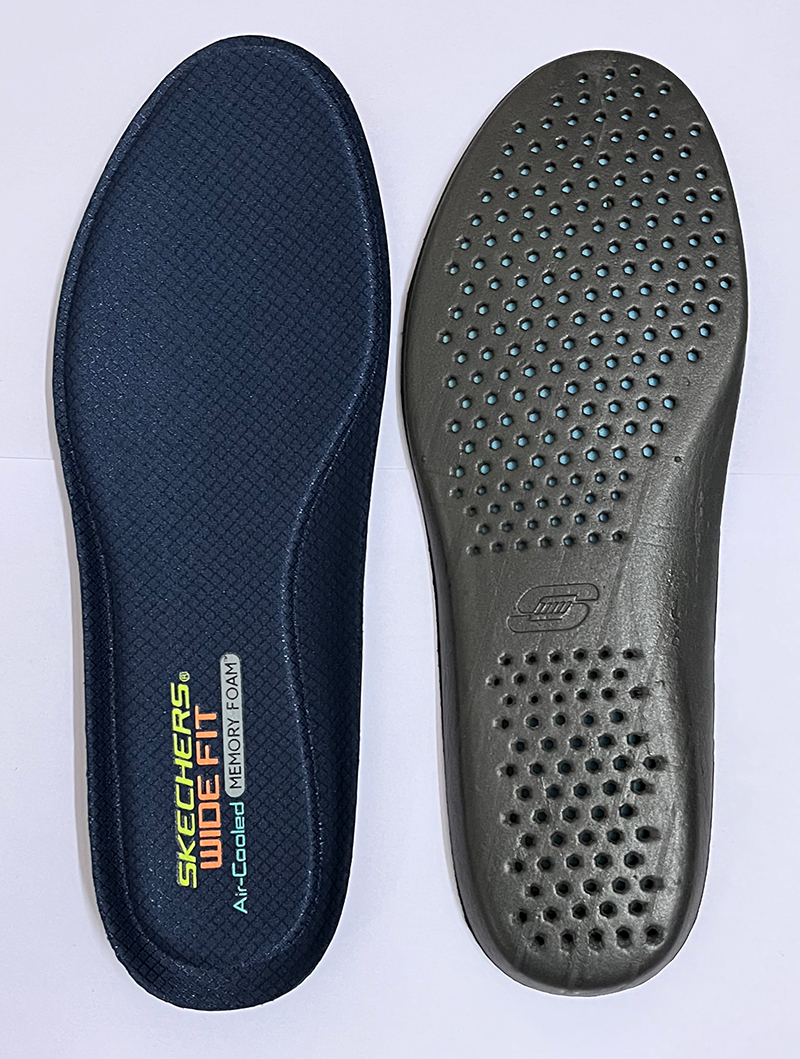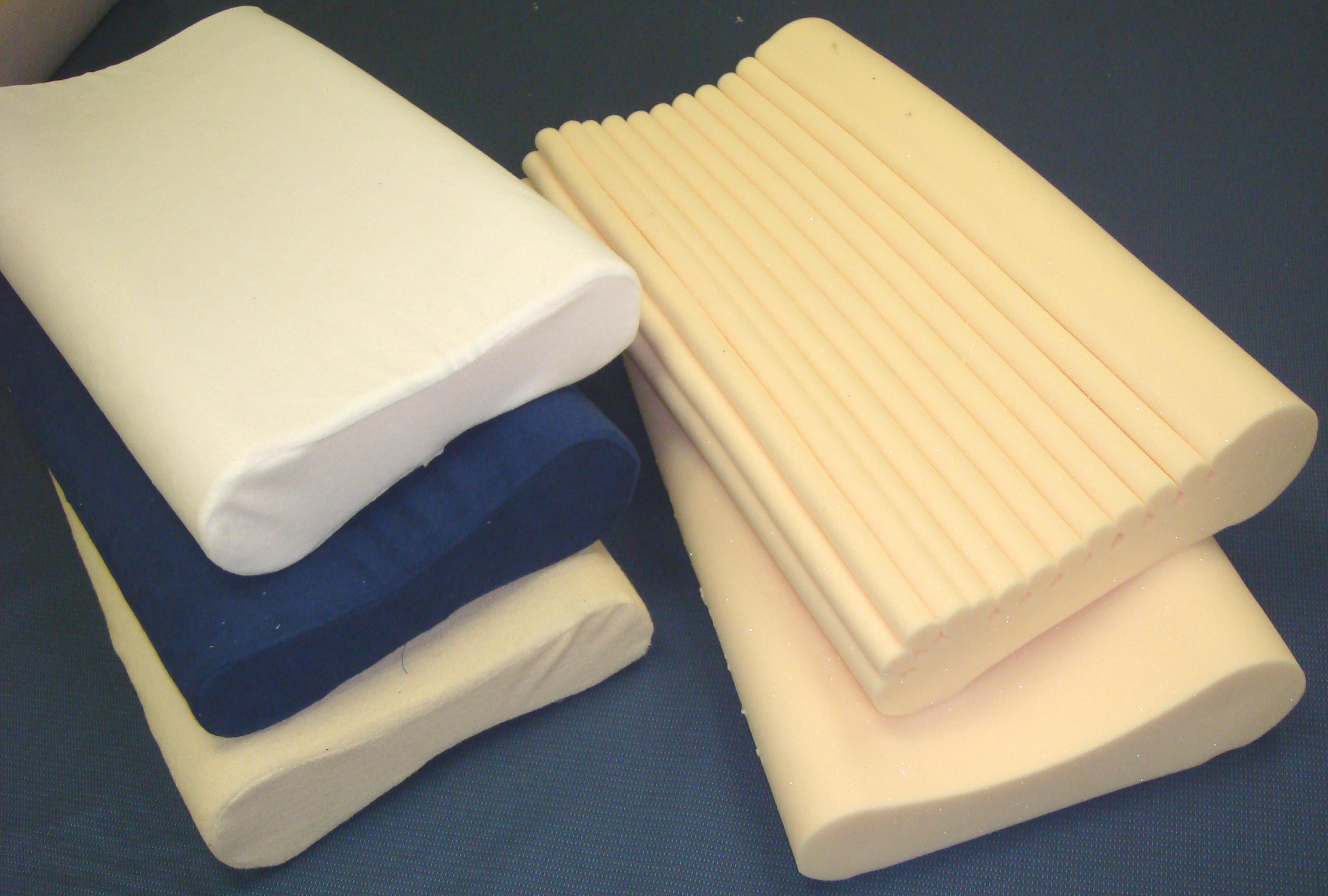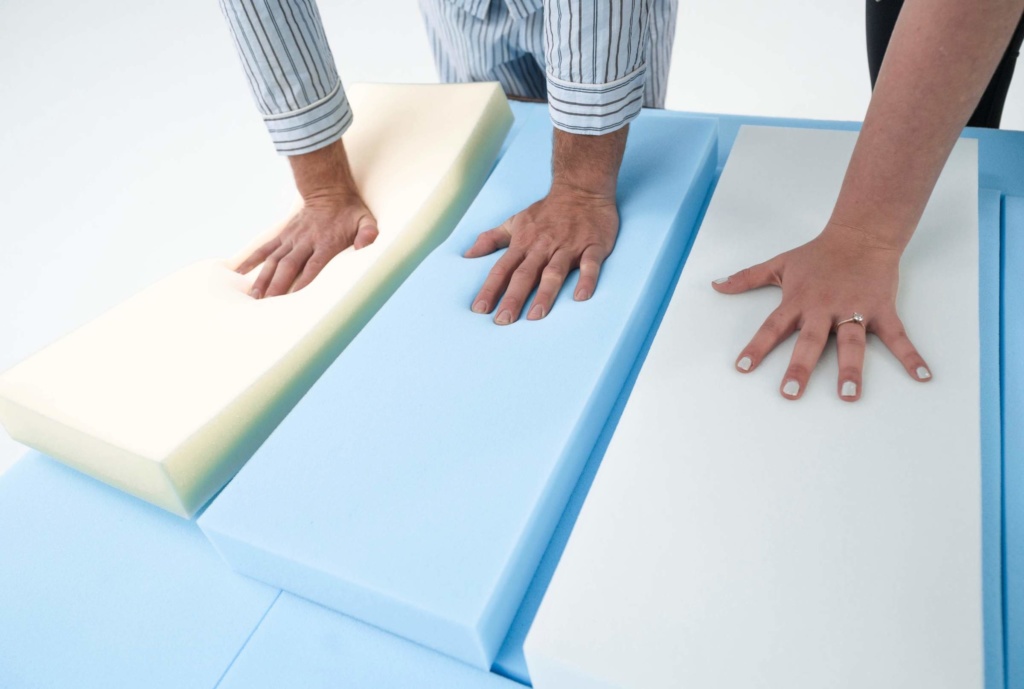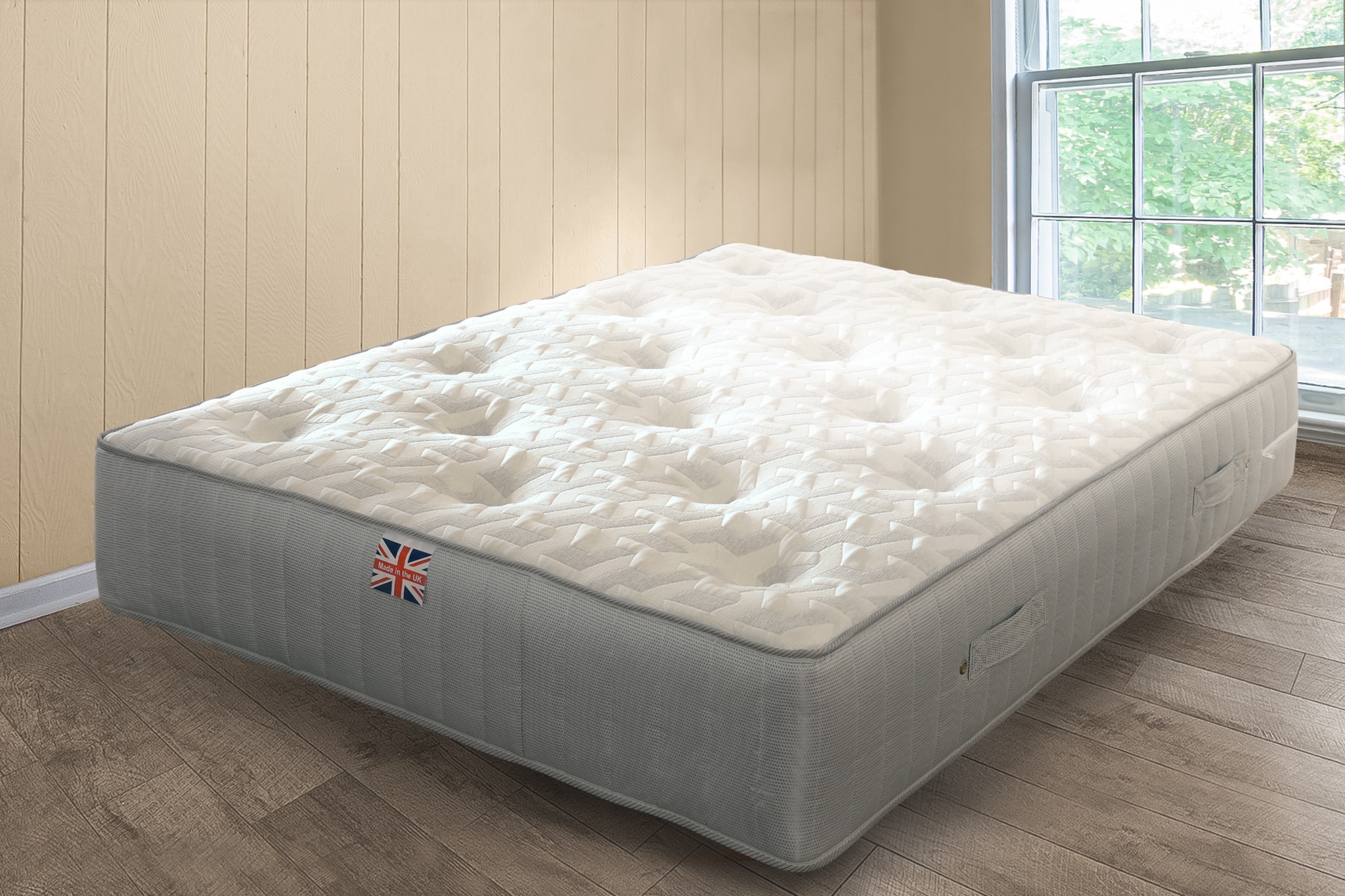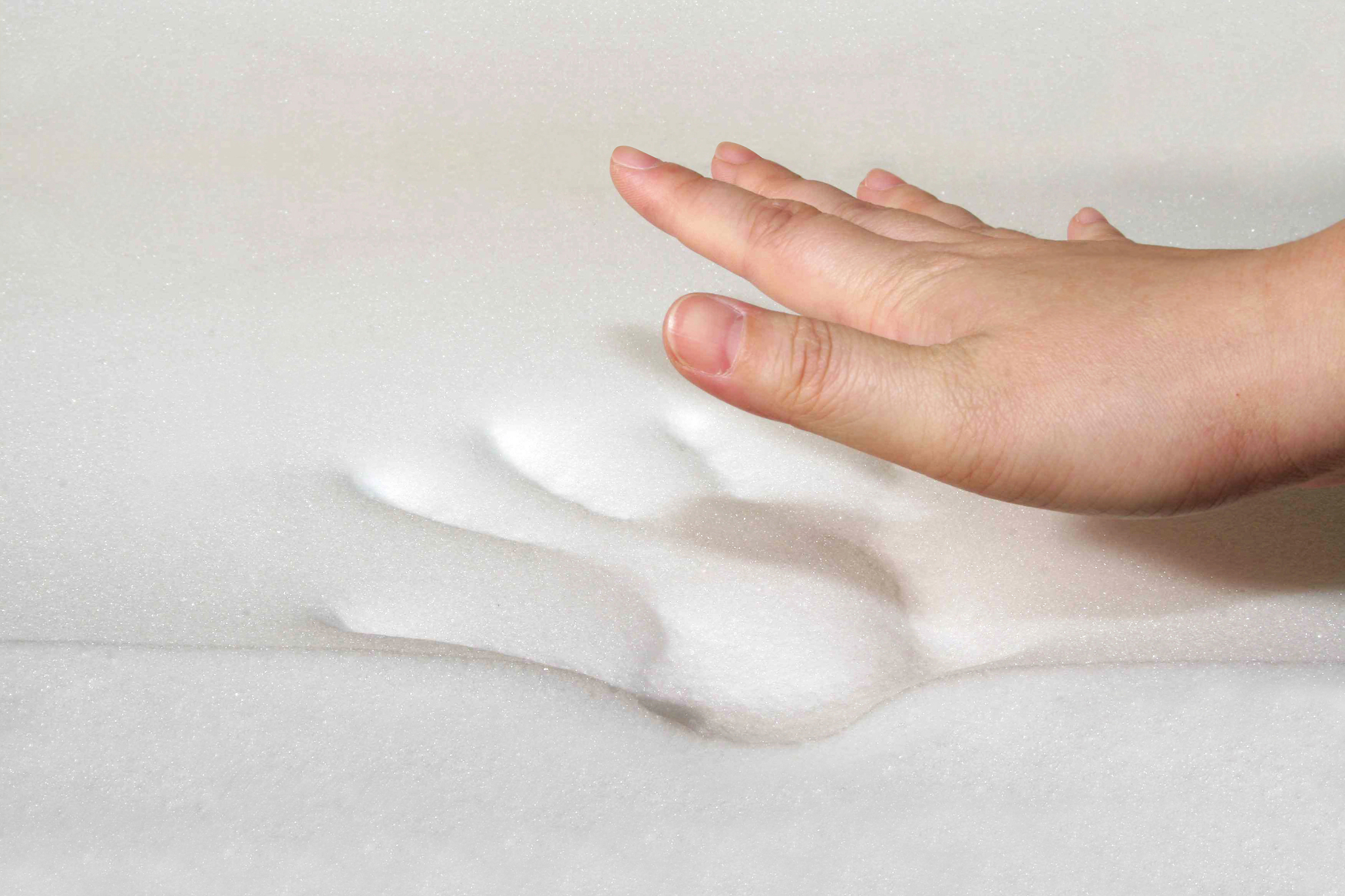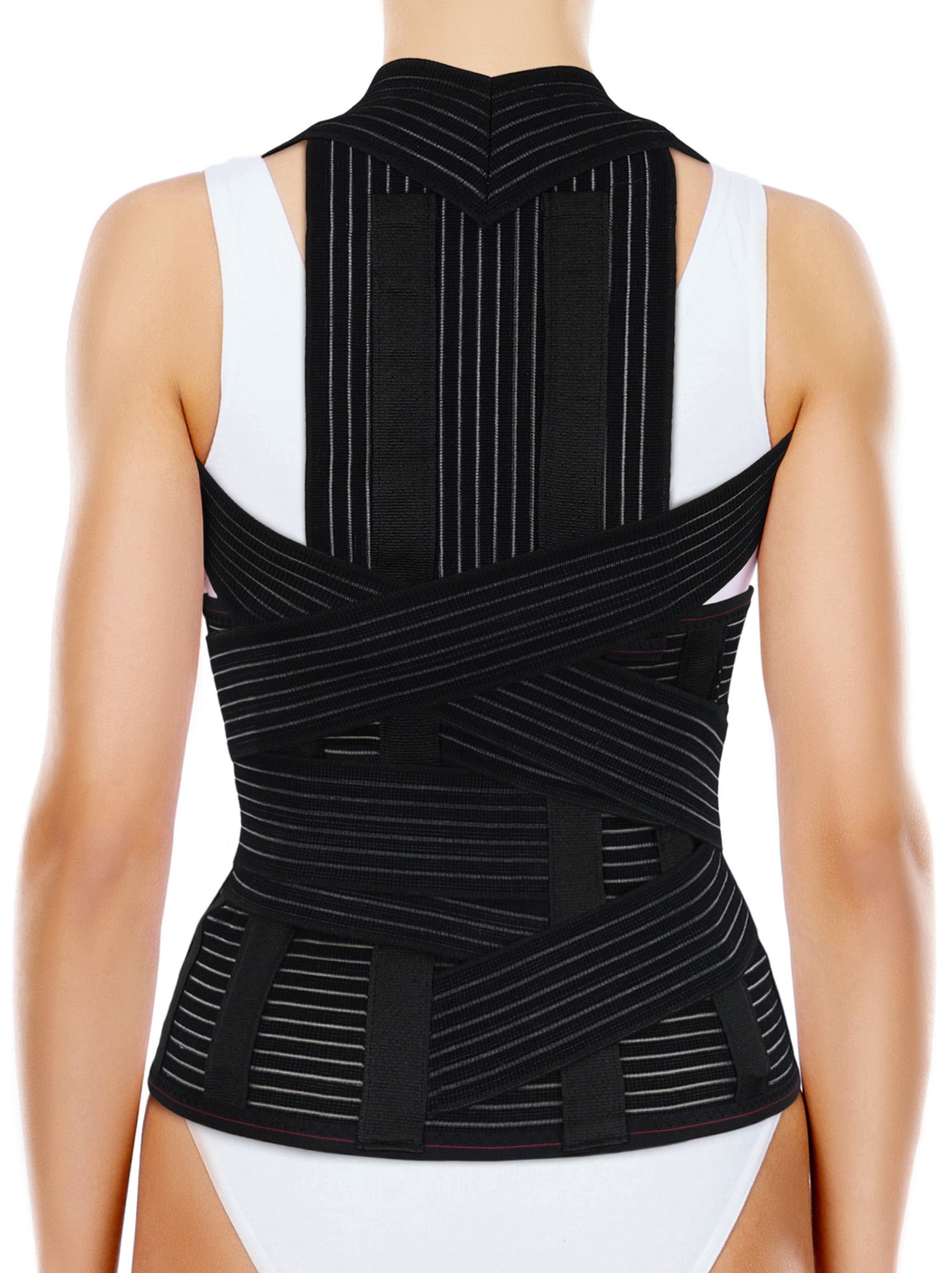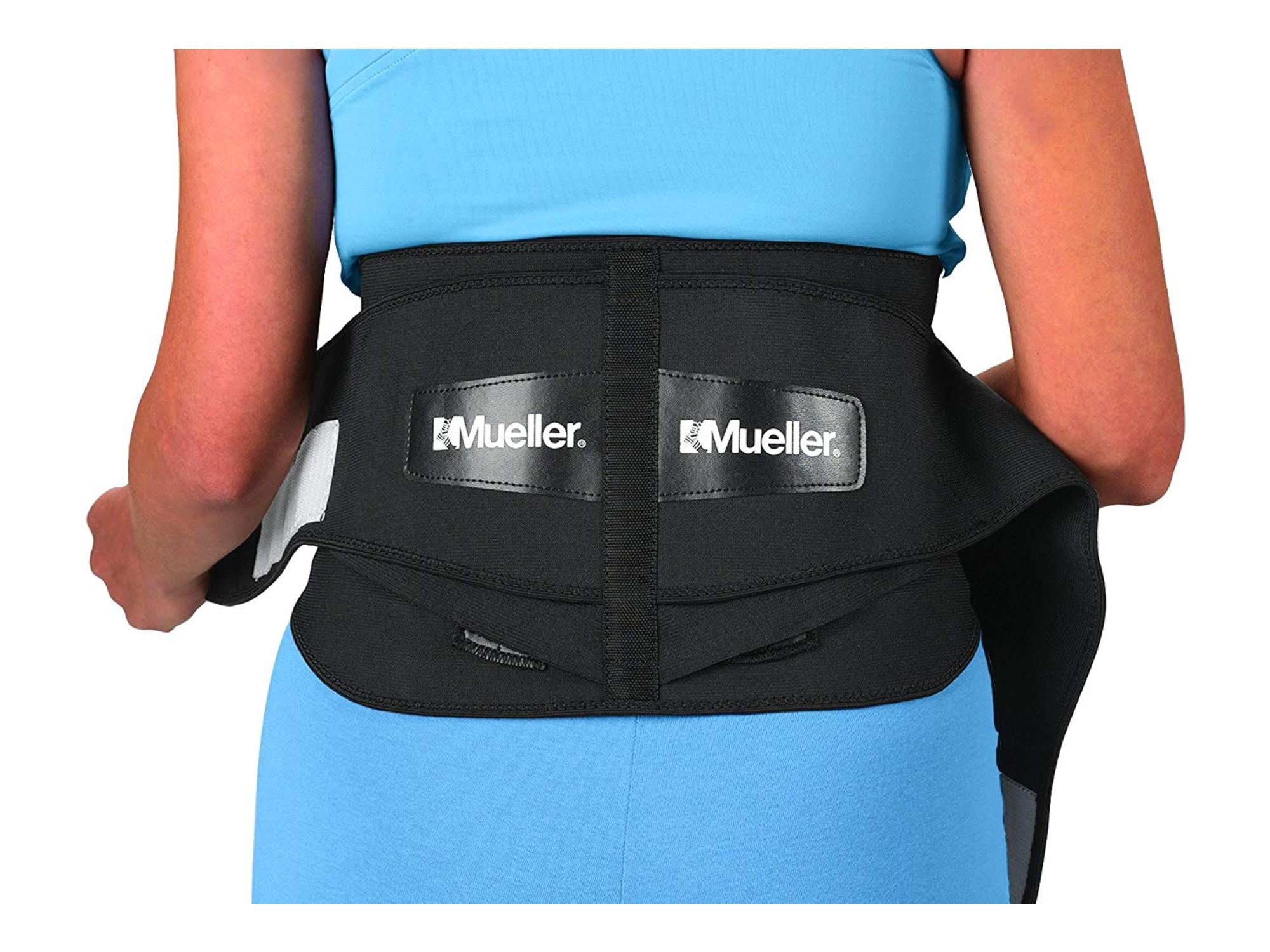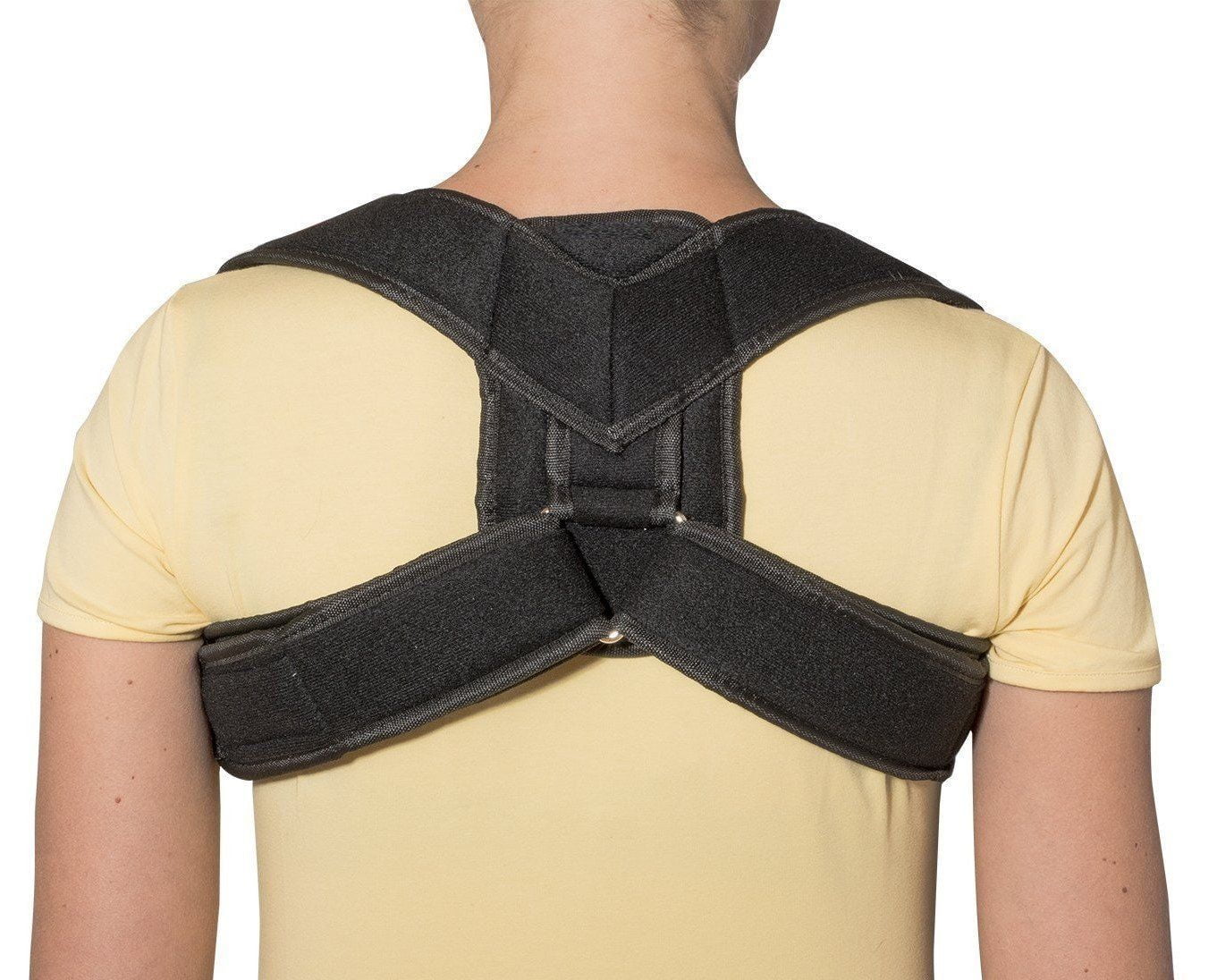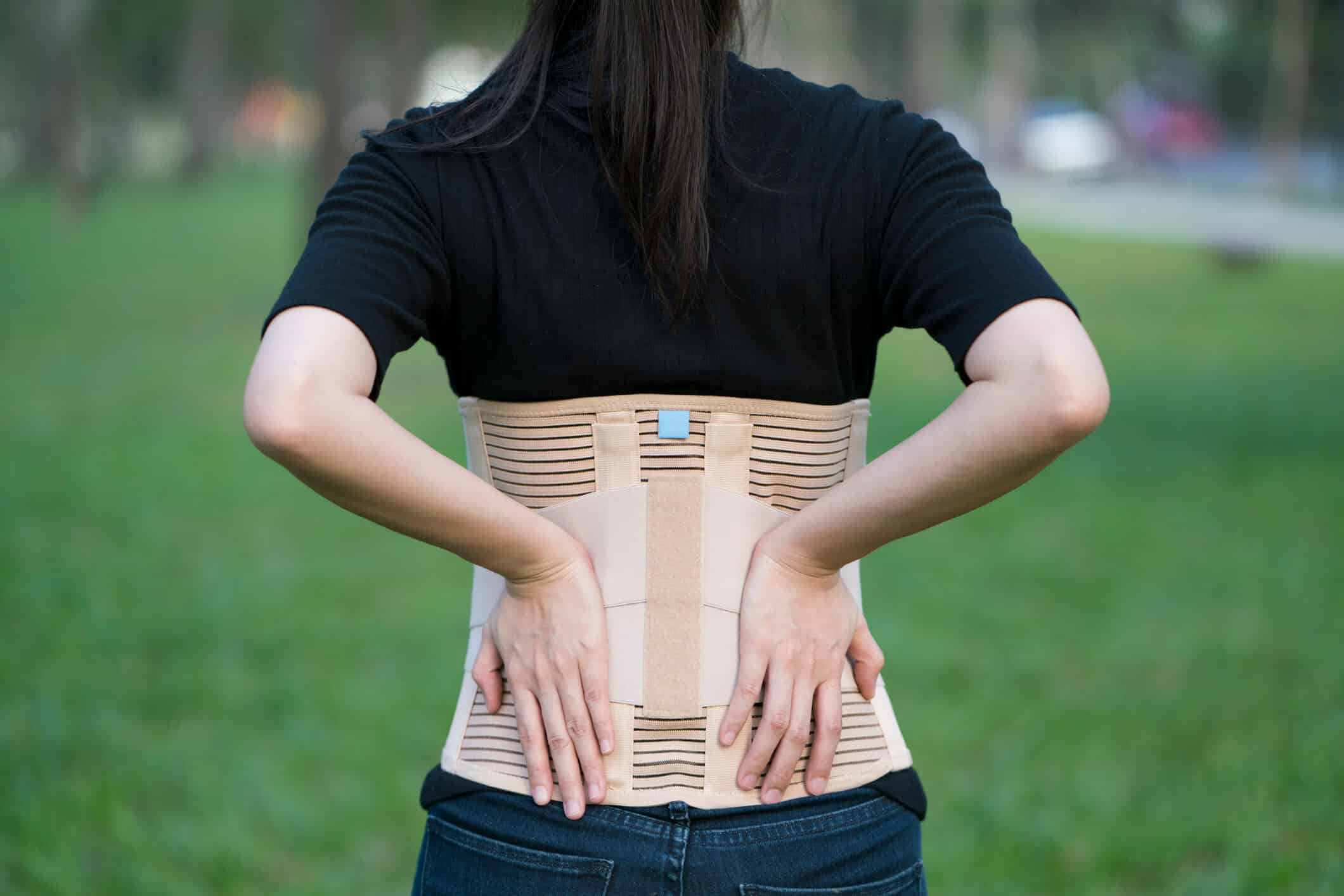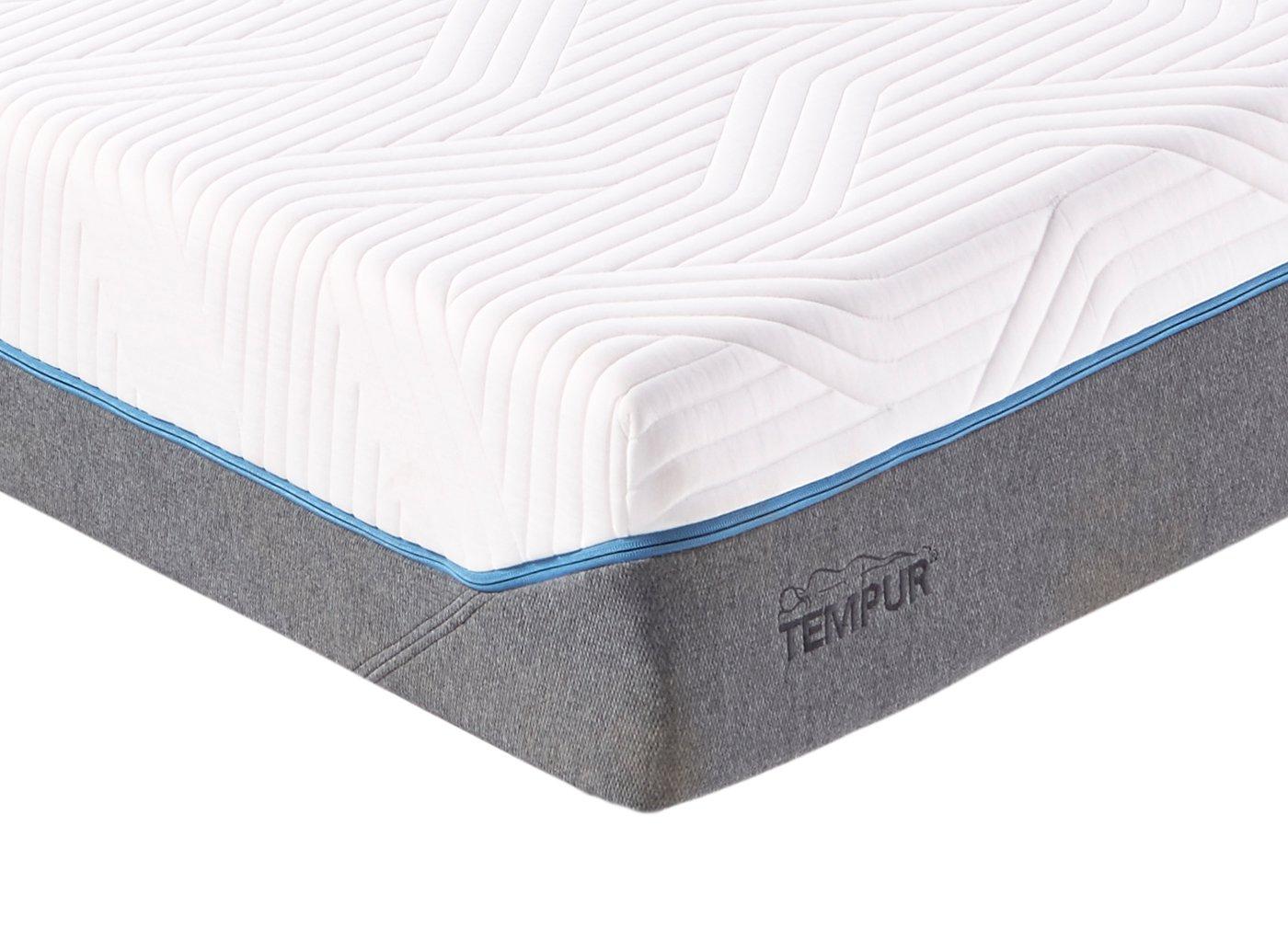New Memory Foam Mattress: A Blessing or a Curse for Back Pain?
Sleep is one of the most important activities for our overall health and well-being. It's the time when our body and mind get to rest and rejuvenate, preparing us for the challenges of a new day. However, for many people, sleep can become a source of discomfort and pain due to sleeping on the wrong mattress. In recent years, the rise of memory foam mattresses has taken the bedding industry by storm, promising a comfortable and supportive sleep experience. But for those suffering from back pain, is a new memory foam mattress a blessing or a curse? Let's find out.
The Benefits of a Memory Foam Mattress
Memory foam mattresses are known for their ability to conform to the shape of your body, providing excellent pressure relief and support. This is due to the material's unique ability to respond to heat and pressure, allowing it to contour around your body's curves and distribute your weight evenly. The result is a comfortable and personalized sleep surface that can alleviate pressure points and promote proper spinal alignment.
Another benefit of memory foam is its motion isolation properties, meaning it absorbs movement and prevents it from transferring to other parts of the mattress. This can be especially helpful for couples, as one person's movements won't disturb the other's sleep. Additionally, memory foam is hypoallergenic and resistant to dust mites, making it a great option for people with allergies or asthma.
The Connection Between Memory Foam Mattresses and Back Pain
While memory foam mattresses offer many benefits, they may not be the best option for those suffering from back pain. The key factor to consider is the firmness level of the mattress. While memory foam is known for its ability to contour to your body, it also has a reputation for being on the softer side. This softness can be problematic for people with back pain, as it may not provide enough support for their spine.
Additionally, memory foam mattresses can cause discomfort for those who are used to sleeping on a firmer surface. This is because it may take time for the body to adjust to the new material and sleeping position, leading to muscle soreness and stiffness. It's essential to note that everyone's body is different, and what works for one person may not work for another. So, while some people may find relief from back pain with a memory foam mattress, others may experience discomfort.
How to Choose the Right Memory Foam Mattress for Back Pain
If you're considering switching to a memory foam mattress but are concerned about back pain, there are a few things to keep in mind. First, look for a mattress with a medium to medium-firm level of firmness. This will provide enough support for your spine while still allowing the foam to contour to your body. It's also essential to consider your sleeping position. Side sleepers may need a softer mattress to cushion their shoulders and hips, while back and stomach sleepers may benefit from a firmer surface to keep their spine aligned.
Another factor to consider is the thickness of the memory foam layer. A thicker layer may provide more support and pressure relief, but it may also make the mattress feel firmer. It's best to try out different thickness options to see what works for your body. Finally, make sure to research and read reviews from others who have experienced back pain with their memory foam mattress. This can give you a better idea of whether a particular brand or model is suitable for your needs.
Conclusion
In conclusion, a new memory foam mattress can be a blessing or a curse for those suffering from back pain. While it offers many benefits, its softness may not provide enough support for some people's spines, leading to discomfort and pain. However, by choosing the right level of firmness, considering your sleeping position, and doing your research, you can find a memory foam mattress that works for you. So, don't give up on the idea of a memory foam mattress just yet – it may be the key to a more comfortable and pain-free sleep experience.
The Connection Between Memory Foam Mattresses and Back Pain
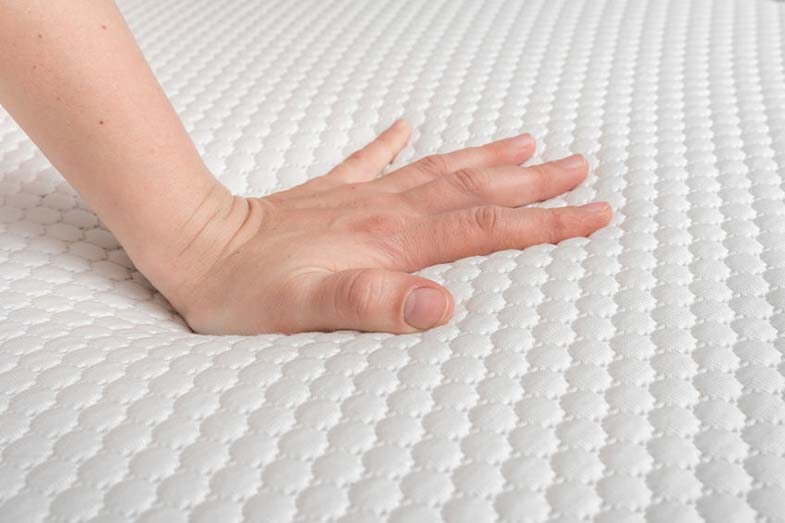
Understanding the Impact of Mattress Choice on Back Pain
 When it comes to our overall health and well-being, our sleep quality plays a crucial role. And one of the key factors that can affect our sleep is the type of mattress we choose. With the rise in popularity of memory foam mattresses, many people have made the switch in hopes of getting a better night's sleep. However, some have reported experiencing back pain after sleeping on a new memory foam mattress. This raises the question: is the new memory foam mattress causing back pain?
It is important to understand that our body's alignment and support while sleeping can greatly impact our spine and muscles. When we sleep, our body goes into a state of relaxation, and our muscles and joints need proper support to maintain their natural alignment. This is where the type of mattress we choose comes into play.
Memory foam mattresses have gained popularity due to their ability to contour to our body's shape, providing support and comfort.
However, this contouring can also cause the body to sink in too much, resulting in an unnatural alignment of the spine. This can put pressure on the muscles and joints, causing discomfort and pain.
Moreover,
memory foam mattresses tend to retain heat, and a higher body temperature can cause muscles to become stiff and tense, leading to back pain.
This is especially true for individuals who naturally sleep hot or for those who live in warmer climates.
When it comes to our overall health and well-being, our sleep quality plays a crucial role. And one of the key factors that can affect our sleep is the type of mattress we choose. With the rise in popularity of memory foam mattresses, many people have made the switch in hopes of getting a better night's sleep. However, some have reported experiencing back pain after sleeping on a new memory foam mattress. This raises the question: is the new memory foam mattress causing back pain?
It is important to understand that our body's alignment and support while sleeping can greatly impact our spine and muscles. When we sleep, our body goes into a state of relaxation, and our muscles and joints need proper support to maintain their natural alignment. This is where the type of mattress we choose comes into play.
Memory foam mattresses have gained popularity due to their ability to contour to our body's shape, providing support and comfort.
However, this contouring can also cause the body to sink in too much, resulting in an unnatural alignment of the spine. This can put pressure on the muscles and joints, causing discomfort and pain.
Moreover,
memory foam mattresses tend to retain heat, and a higher body temperature can cause muscles to become stiff and tense, leading to back pain.
This is especially true for individuals who naturally sleep hot or for those who live in warmer climates.
How to Choose the Right Memory Foam Mattress
 While it may seem like memory foam mattresses are the culprit for back pain, it is important to note that not all memory foam mattresses are created equal. Some may be too soft or too firm, causing discomfort and pain. Therefore, it is crucial to
choose a memory foam mattress with the right level of firmness and support for your body's needs.
Additionally,
opt for a memory foam mattress with cooling properties
to help regulate body temperature and prevent excessive heat from affecting your sleep quality. Look for mattresses with features such as gel-infused foam or open-cell construction, which allows for better airflow and heat dissipation.
While it may seem like memory foam mattresses are the culprit for back pain, it is important to note that not all memory foam mattresses are created equal. Some may be too soft or too firm, causing discomfort and pain. Therefore, it is crucial to
choose a memory foam mattress with the right level of firmness and support for your body's needs.
Additionally,
opt for a memory foam mattress with cooling properties
to help regulate body temperature and prevent excessive heat from affecting your sleep quality. Look for mattresses with features such as gel-infused foam or open-cell construction, which allows for better airflow and heat dissipation.
Other Factors to Consider for a Good Night's Sleep
 Aside from choosing the right mattress, there are other factors to consider for a good night's sleep and to prevent back pain.
Invest in a supportive pillow
that will keep your head and neck in proper alignment with your spine.
Practice good sleep hygiene
by maintaining a consistent sleep schedule, avoiding caffeine and heavy meals close to bedtime, and creating a comfortable sleep environment.
In conclusion, while a new memory foam mattress may be causing back pain for some individuals, it is not the sole culprit. The key is to
choose a memory foam mattress with the right level of support and cooling properties
and to practice good sleep habits. With the right mattress and sleep habits, you can enjoy the benefits of memory foam without experiencing back pain.
Aside from choosing the right mattress, there are other factors to consider for a good night's sleep and to prevent back pain.
Invest in a supportive pillow
that will keep your head and neck in proper alignment with your spine.
Practice good sleep hygiene
by maintaining a consistent sleep schedule, avoiding caffeine and heavy meals close to bedtime, and creating a comfortable sleep environment.
In conclusion, while a new memory foam mattress may be causing back pain for some individuals, it is not the sole culprit. The key is to
choose a memory foam mattress with the right level of support and cooling properties
and to practice good sleep habits. With the right mattress and sleep habits, you can enjoy the benefits of memory foam without experiencing back pain.















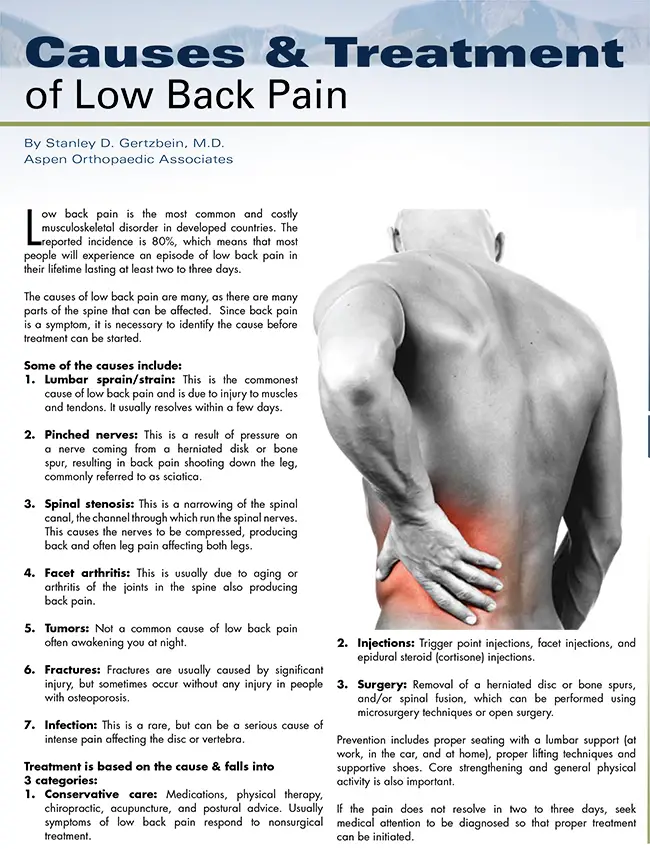






:max_bytes(150000):strip_icc()/backpainfinal-01-5c3ba0bf46e0fb0001b5b300.png)






